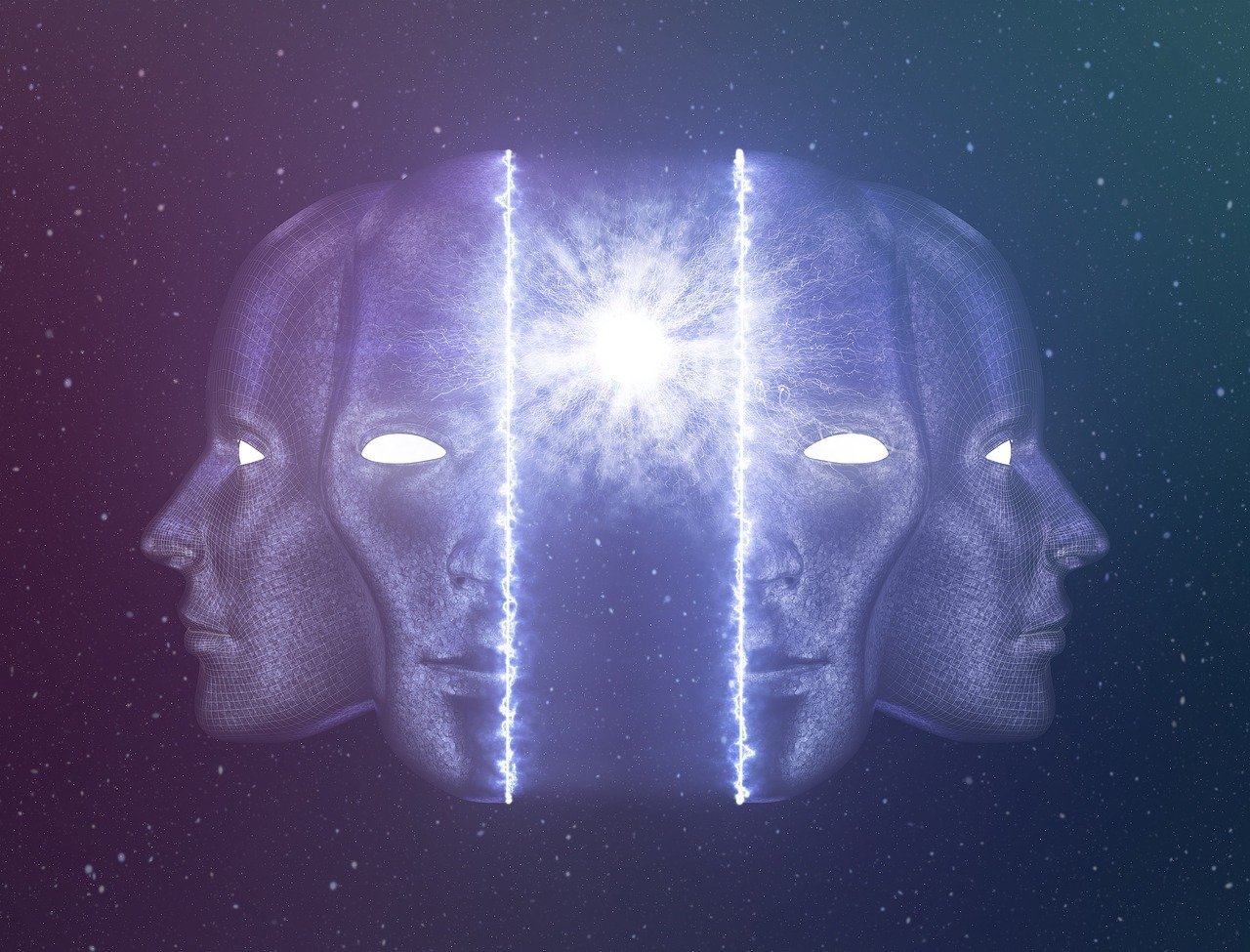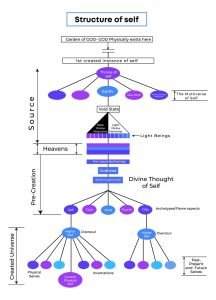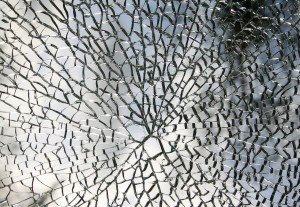
Ego death is a term which has caused much controversy and misunderstanding in spiritual and psychological circles. Taken at face value, it may present the seeker with an impossible task. What is it, and how is it achieved?
“When the ego dies, the soul awakes.” – Mahatma Gandhi
“The attainment of enlightenment from ego’s point of view is extreme death.” – Chogyam Trungpa
Ego death can also be called the mini-death, it can happen many times over a person’s life, as their awareness expands into their spiritual self, often causing huge swathes of what the ego understands as “true” to be invalidated. Hence, it collapses in on itself, to rebuild its concept of self over again, considering this new knowledge and inner perceptions. Of course, the ego never dies, but through ego death it becomes transformed, to allow the multidimensional self to become.
Ego death is a term that refers to the dissolution or transcendence of one’s sense of self or identity. It is often associated with psychedelic experiences, meditation, spiritual practices, and existential crises. Ego death can be seen as a radical form of personal growth, as it challenges the ego’s attachments, fears, and illusions.
If the ego holds our concept of self and is always there, if that case, what is ego death?
The ego is a psychological construct that represents our sense of identity, self-esteem, and self-awareness. It is formed by our experiences, beliefs, values, and goals, and it influences how we perceive ourselves and the world around us. The ego is not a fixed or static entity, but rather a dynamic and adaptive one that changes according to our needs and circumstances.
Ego death is a term that describes a profound and transformative experience of losing one’s sense of ego, or self. It can occur spontaneously or be induced by various practices, such as meditation, psychedelics, near-death experiences, or extreme stress. Ego death can involve a temporary dissolution of the boundaries between the self and the other, a sense of unity with all existence, a loss of personal agency, and a detachment from worldly concerns. Ego death can also trigger intense emotions, such as fear, awe, joy, or peace.
This ego death is not a literal death of the ego, but rather a temporary suspension or transcendence of it. The ego does not disappear permanently, but rather re-emerges after the experience with a new perspective and understanding. Ego death can be seen as an opportunity for personal growth, spiritual awakening, or psychological healing, depending on the context and interpretation of the experience.
Ego death as a significant part of our personal awakening
Carl Jung was interested in the concept of ego death, which he called psychic death, as a transformation of the psyche. He believed that the ego, or the conscious sense of self, was only a part of the larger self, which also included the unconscious. He wrote: “It isn’t possible to kill part of your ‘self’ unless you kill yourself first. If you ruin your conscious personality, the so-called ego-personality, you deprive the self of its real goal, namely to become real itself. The goal of life is the realization of the self.” He also said: “The first half of life is devoted to forming a healthy ego, the second half is going inward and letting go of it.” Jung suggested that ego death could be achieved through various methods, such as dreams, symbols, myths, and alchemy. He saw ego death as a necessary step for individuation, or the process of becoming a whole and unique person.
Achieving ego death
Ego death is essentially a radical rethink of your concept of self, one of the most radical methods of achieving it is hinted at by Eckhart Tolle:
“Instead of committing suicide, practice dying, by surrendering completely to the present moment. Don’t demand the present moment to be different. It is what it is, then the ego dies.” – Eckhart Tolle
Eckhart is not promoting suicide in this quote, he is suggesting we accept the present reality to be accepted as it is, without the interpretation of the ego, and without its projections.
Some people have discovered ego death in the midst of their darkest times. They have looked at their concept of self, as it is held by their ego, and they have profoundly rejected it. This often sends people to the brink.
However, sometimes, it is at this brink, that some people realise that the self they have become, is not their true self at all. They realise that in one way or another, they lost their connection to their true self, and the self they created, is a mask – a false self, created in order to survive in society, but a mask that no longer serves its purpose.
It’s at that moment that those people reject their mask, and in so doing they can almost wipe the slate clean, it terms of all the values, rules and concepts that they had previously held to be true about themselves. It’s at that moment that many report to feeling “born again”, a tremendous weight lifted from their shoulders, together with a desire to explore self, and re-establish that connection to true self.
Of course, restructuring one’s ego does not need to be this dramatic. In fact, for the majority of us, there is not so much a dramatic collapse of ego, but rather, we modify ego more gently, in a series of mini deaths.
We do this by self-exploration and analysis, by realising that our dreams and intuitions are trying to tell us more about self than we may currently what to accept, or find feasible. We do this by demoting our concepts of logical truth, and by being open to new concepts for what we hold to be true to self.
Visualisation meditation is one method that can help us to explore and arrive at new concepts of self. Visualisation meditation is a technique that involves creating mental images of desired outcomes, situations, or experiences. By visualising ourselves in communication with our shadowy unconscious mind, it’s possible to connect to our archetypes, and to other aspects of self that you may not have been aware of.
Ego death is part of the process of self discovery. The process of remembering and reintegrating the self you have forgotten, and of discovering the self that extends beyond your perceived limitations. Ego death is the process of thinking outside the “box” of self, and expanding your concept of self into that previously external space.
Total loss of ego
There is another concept linked to ego death, which is the idea that we can reach a state of total loss of ego. Again, this does not mean that the ego ceases to function. Rather, it refers to a state where our true-self, and the self-concept maintained by the ego are one and the same. Ego is no longer carrying out its interpretations of our reality needed to protect our false concepts of self because we no longer hold any of those false concepts.
“The ego is nothing other than the focus of conscious attention.” – Alan Watts
Subscribe to our post updates - Don't miss a thing!!







